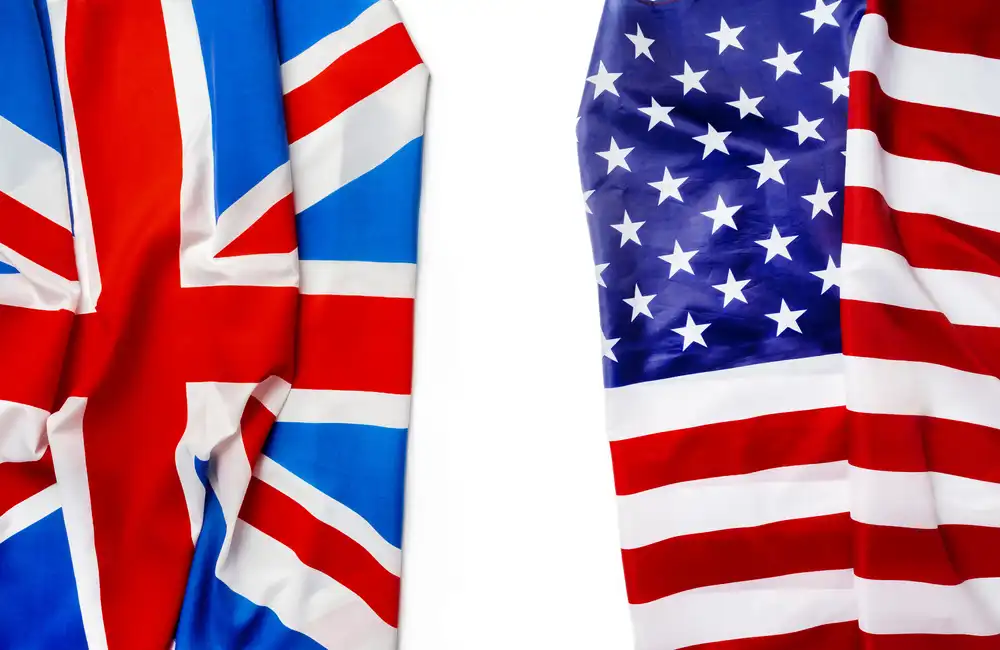The UK-US trade relationship is one of the most significant economic partnerships in the world, built on shared values, historical ties, and robust trade flows.
Opportunities
Increased Market Access
A trade agreement could grant UK businesses greater access to the US market, the largest consumer economy in the world. This would be particularly beneficial for sectors like financial services, automotive manufacturing, and technology, where the UK has competitive advantages.
Boost for Small and Medium Enterprises (SMEs)
With simplified customs procedures, reduced tariffs, and regulatory alignment, SMEs could find it easier to enter the US market. This opens up significant growth opportunities for smaller companies that may previously have found cross-border trade too complex or expensive.
Innovation and Technology Collaboration
The US and UK are global leaders in innovation and R&D. A trade deal could enhance collaboration between tech industries, particularly in AI, clean energy, and pharmaceuticals, paving the way for joint ventures and knowledge exchange.
Lower Tariffs
Reductions or eliminations of duties on goods traded between the two nations could create cost advantages, positively impacting industries ranging from agriculture to automotive manufacturing.
Strengthening Strategic Alliances
Beyond economics, a trade agreement would deepen the geopolitical ties between the UK and the US, reinforcing a shared commitment to security, diplomacy, and innovation on the global stage.
Limitations
Regulatory Divergences
One of the biggest hurdles in a UK-US deal is aligning regulatory frameworks. Both nations maintain high but differing standards in critical industries like agriculture, financial services, and healthcare. For example, the US typically allows genetically modified organisms (GMOs) in agriculture, while the UK has stricter restrictions.
Public Perception and Political Challenges
Trade agreements can be contentious, and public concerns over issues such as food safety standards (e.g., chlorine-washed chicken) or impacts on domestic industries may lead to political hurdles, causing delays or limiting the scope of the agreement.
Competitive Pressures
While increased access to the US market benefits many sectors, UK businesses need to prepare for heightened competition from US companies entering the UK market under similar terms.
Intellectual Property Differences
Differences in intellectual property (IP) frameworks could complicate negotiations, particularly with respect to pharmaceuticals and creative industries. Striking the right balance to protect innovation while ensuring fair trade practices is an ongoing concern.
Tariff Sensitivities in Agriculture
US agricultural exports, with their often lower-cost production methods, could pose a challenge to UK farmers. Negotiations need to address how sectors like agriculture can compete fairly while safeguarding local farming industries.
Striking the Right Balance
A UK-US trade agreement presents an unparalleled opportunity to redefine trade ties, expand economic cooperation, and strengthen political alliances. However, achieving success will hinge on balancing both nations’ economic priorities with public sentiment and domestic policy objectives. While the road to a deal may not be without challenges, the broader potential benefits make the pursuit a strategic imperative.
By carefully tailoring the agreement to address shared goals and mitigate concerns, both nations have the opportunity to establish a trade partnership that builds resilience, fosters innovation, and creates sustainable economic growth long into the future.






















